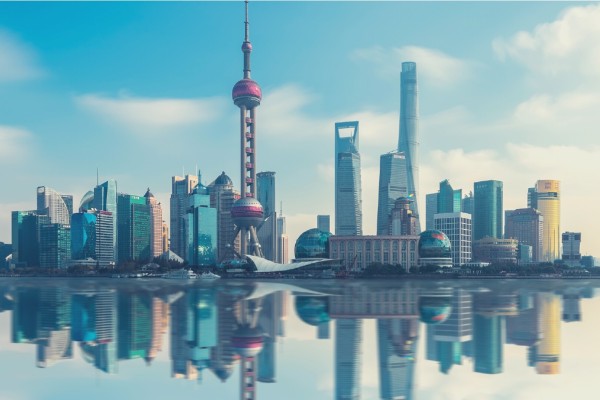Parallel import: the battle between safe and cheap
Creating and maintaining a distribution network is expensive. A good distribution network ensures geographical coverage, wide and updated collection, post-sales services ,exclusion of low quality or fake products, etc. Selecting, motivating, rewarding, punishing distributors ensure that the channel through which the goods flow from the production to the consumption is clean.
A battle is currently on-going between authorized distributors and parallel importers, where the first ones represent and try to ensure a quality distribution which usually impact on the price of the product and the second identifies with lower price and fewer services. Consumers struggle between making a deal buying a product at lower price and taking the risk of buying fake products. The authorized retail channels indeed not only ensure the quality of the post-sales service but also reduce -if not eliminate- the risk of purchasing fake products.
In such battle between safe and cheap Intellectual Property rights play an essential role. Can a trademark, patent or copyright be enforced against this unauthorized importation and therefore use of the IP right even if the product was original in the country in which it was bought?
Parallel import is the activity of importing into one country original products purchased into another country without the express authorization of the owner of the Intellectual Property rights.
This kind of importation is called “parallel” because is not governed by the IP owner and it happens “in parallel” to the formally structured distribution and retail channels created, authorized and controlled by the IP owner.

General Issues of Parallel Import
From a merely legal point of view the parallel import concept is strictly linked to two of the essential principles of the Intellectual Property Law, the principle of exhaustion of the IPR after the first sale and the principle of territoriality of the IPR.
Generally, we can see two main approaches towards it:
Some countries apply the principle of international exhaustion of the intellectual property right, meaning that the IP owner loses the right to restrict the trade of the product bearing its IP as soon as such product has been put into commerce for the first time wherever the product is sold;
Other countries apply the principle of national exhaustion of the intellectual property right, meaning that the IP owner loses the right to restrict within a specific country the trade of the product bearing its IP as soon as such product has been put into commerce for the first time within that country. Anyway the IP owner maintains the right to forbid the first sale into a different country.
Consequences of applying national versus international exhaustion principle are very important. In case international exhaustion applies, the brand/IP owner cannot prevent any purchaser from importing the products in this country, even by means of parallel import, given that has been put into commerce for the first time with the permission of the Brand owner.
On the other hand, in case national exhaustion applies, the brand/IP owner can prevent a purchaser in the country to import the product from any country except the case in which without the brand/IPowner's provide authorization.
Without any willing to be exhaustive we mention that US applies the principle of International Exhaustion while EU applies the principle of National Exhaustion but considering the 28 members states as one country (at least for this specific purpose!).
Goods imported from outside EU can be stopped by the IP owner in EU, goods imported within EU from one country to another country (example: from Germany to France) cannot be stopped due the exhaustion of the IP Right.

Parallel Import in China
Parallel import is not expressly regulated by Chinese law with the only exception of the Patent Law. In practice, we can observe that parallel import appears to be widely present in Chinese market.
Based on the interpretation of the most relevant regulations, as well as some important court decisions, we can consider that parallel import is allowed/accepted by the PRC legal system within specific limitations.
The nuances of this assumption slightly change depending on the specific IP right concerned.
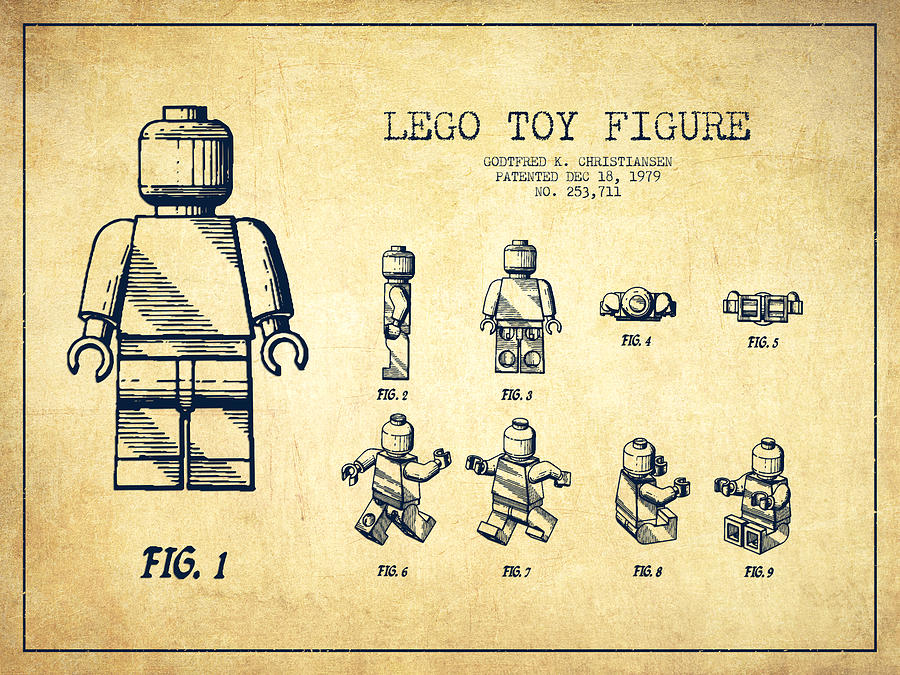
Patent
The new patent law is basically the only piece of PRC legislation that allows explicitly parallel import.
Literally art.69 states
“The following shall not be deemed to be patent right infringement: (1) After a patented product or a product directly obtained by using the patented method is sold by the patentee or sold by any unit or individual with the permission of the patentee, any other person uses, offers to sell, sells or imports that product; (...)”.
Article 69.1 in fact expressly states that any use, offer for sale, sale or import of patented products or products produced through patented process which have already been sold by the patent owner or licensee does not constitute patent infringement.
Considering that the art. 69 does not include any territorial limitation, it has been interpreted by the majority of judges, scholars and practitioners that any immission in commerce (and not only immission in commerce in China) with the permission of the patentee exhausts the patent right.
Such provision has been added under the new revision of the patent law in 2008.
Trademark
In terms of trademark protection, no law/regulation has provisions explicitly addressing the issue of whether parallel import is allowed or not.
We do have – however – some (not many, though) relevant courts’ decisions on this issue, based on which we can see that the current approach by PRC systems is that parallel import of branded products is allowed as long as such parallel import does not have an actual or potential impact on the reputation of the brand itself.

A) In a 2009 case concerning parallel import of tires, Michelin (the brand owner) obtained a favorable decision based on the grounds that the parallel-imported products had not obtained the mandatory CCC certification (i.e. the mandatory Chinese safety certification for tires and other automotive components).
The court held that – even if the products involved in this case were original– the fact that they were imported without obtaining such mandatory certification was a threat to the integrity of the trademark. In fact, in case of any accident or quality problem on the non-certified tires, MICHELIN brand's reputation would be negatively affected.
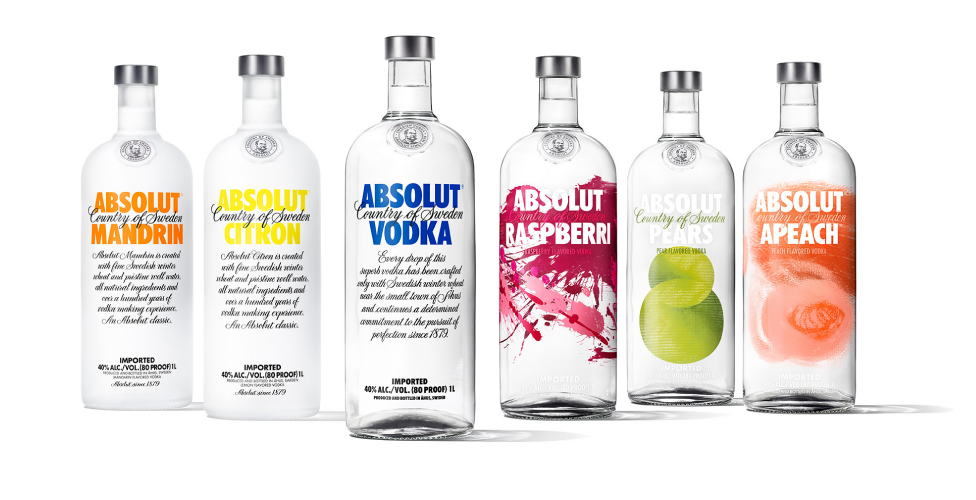
B) In a case concerning parallel import of vodka branded ABSOLUT, the brand owner sued the parallel importer. In this case, the parallel-imported bottles had their original bar code removed by the parallel-importer. The court gave a favorable decision to the brand owner based on the grounds that:
- by removing the original bar code, the parallel importer had compromised the integrity of the original product, with potential offense to both consumers and brand owner (in fact, removing the bar code prevents full traceability of the product, which is key to get to know their origin and their distribution channels, as well as to control quality issues throughout the whole distribution chain);
- the defendant had also stuck a Chinese label on the product and with atranslation into Chinese of the word “absolute” without authorization of thebrand owner. This altered the general esthetic appearance of the originalproduct, allowing also consumers to question the originality/legitimacy of suchproduct – which would damage the reputation of the brand.
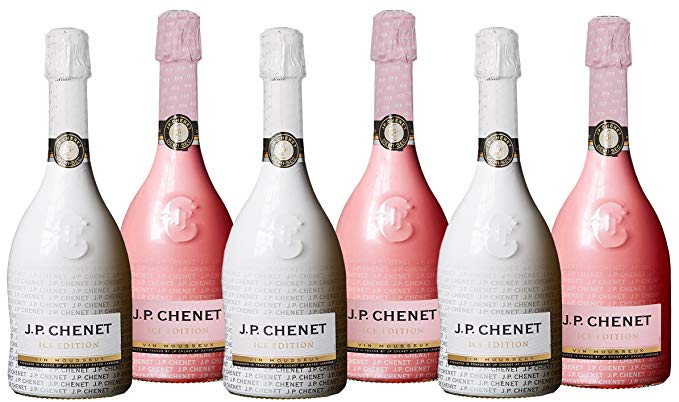
C) A third case of 2014 involves parallel import of wine branded J. P. CHENET. The brand owner sued the parallel importer on the grounds that the parallel import was against its authorization, and that the parallel-imported product had lower quality (as well as differences in the ingredients and expiry date) with those imported through the official and exclusive China’s distributor. The court ruled in favor of the parallel importer, based on the grounds that:
- The brand owner had not given sufficient evidence of the purported lower quality of parallel-imported wine;
- The act of the parallel-importer does not harm the function of the trademark to show the product origin, nor undermines the credibility of the trademark owner or the consumers’ rights.
Very significant is the fact that such decision confirmed the first instance decision, which clearly stated that “Nowadays, free trade is a basic principle between different countries, the general trend is to prevent intentional division of the market and to avoid price monopoly.
The trademark law protect the trademark’s owner’s legal rights, meanwhile it also prohibit him monopolizing the market by using his dominant position and obtaining unreasonable monopoly interests.
PRC laws do not define the importing activities of [the importer] as infringement of registered trademarks, if the imported products are not further processed or changed, but only reasonably labeled with related information that will not confuse related consumers, and thus it will not damage the [Company’s] trademark, neither will it damage the interests of the trademark owner or of the related consumers, and thus it is not a trademark infringement”.
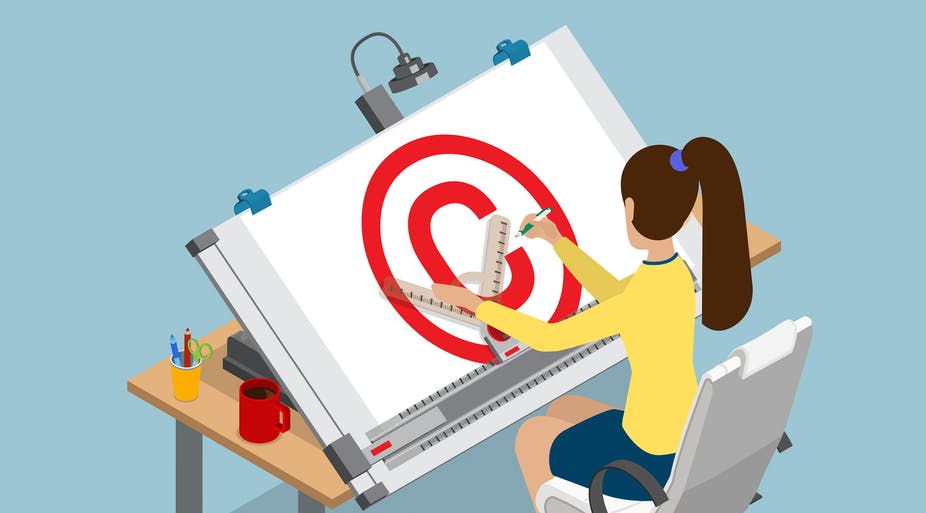
Copyright
The copyright law has no provisions concerning parallel import of products protected by copyright.
Nevertheless Article 15 of “Provisions on the Implementation of the International Copyright Treaties” states that “the copyrighter owner of foreign work has the rights to forbid the importation of the following copies: 1) infringing copies; 2) the copies from the countries that not protect the work”.
In addition, Article 2 of “Notice of the Ministry of Culture on Strengthening and Improving the Import Management of Audiovisual Products” mentions that “parallel import of copyright between trade, copyright trade and manufactured goods are prohibited…” However, there is no decision based on this regulation to forbid the parallel importation as for now.
The attitude of judicial organ is not explicit to this question, which will be waiting for further clarifying.

Conclusions
Purchasing products protected by a trademark, a patent and copyright and then importing these products in China is not generally regarded as IPR violations in China as long as there is no potential damage to the reputation/integrity of the brand. For instance, original appearance of the products and their original packaging is completely unchanged (no additional labels should be added, except the mandatory ones; no bar code should be removed; etc..), the products obtain all certification/licenses and go through the regular import procedure as necessary in order to be legally sold in China.
